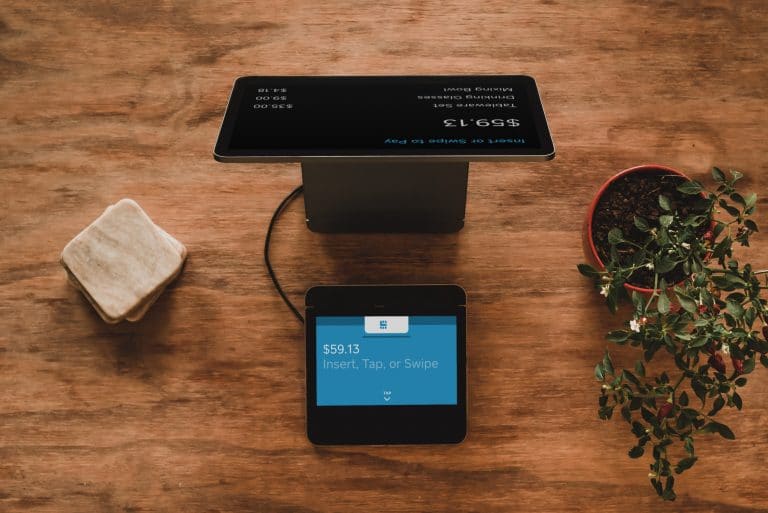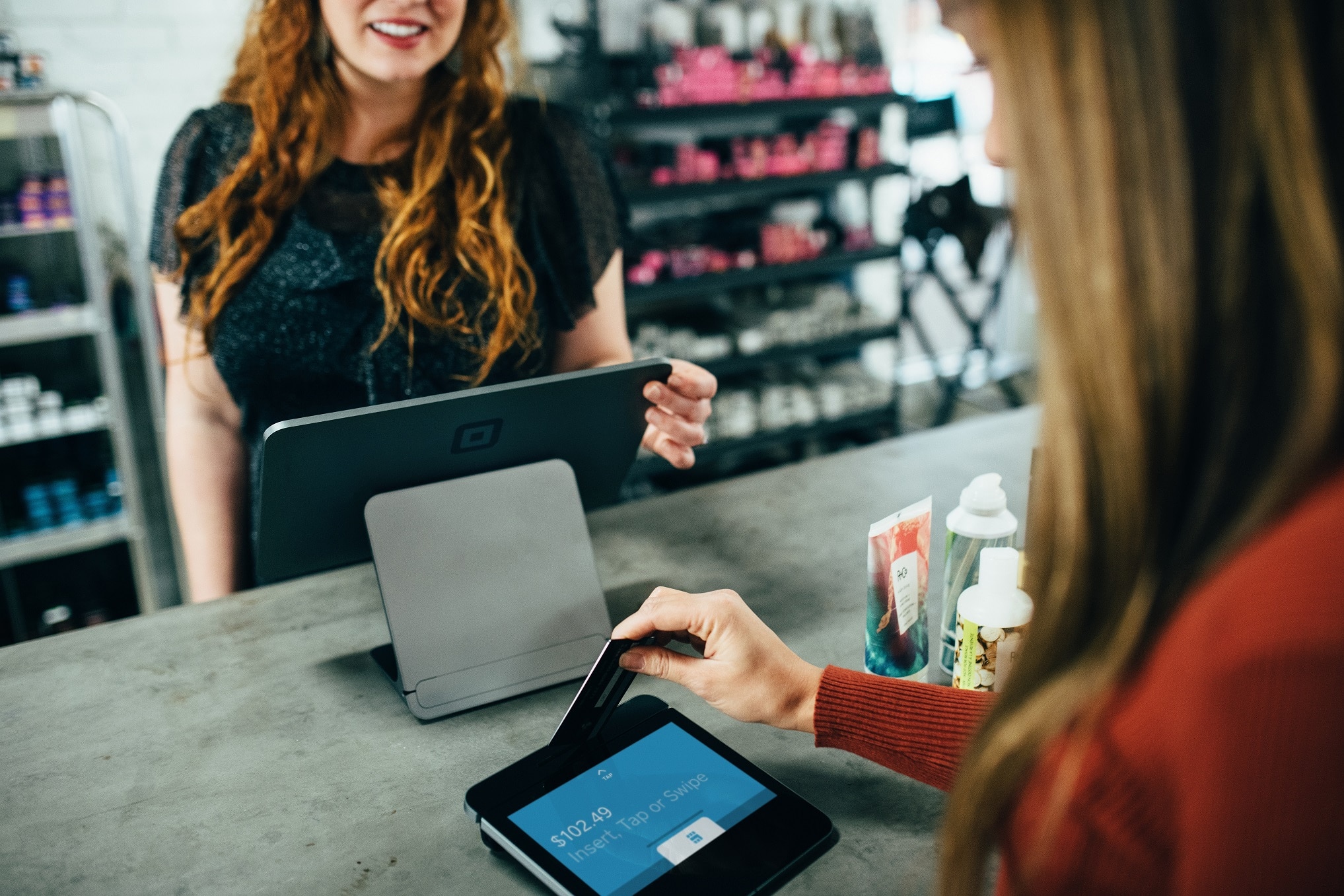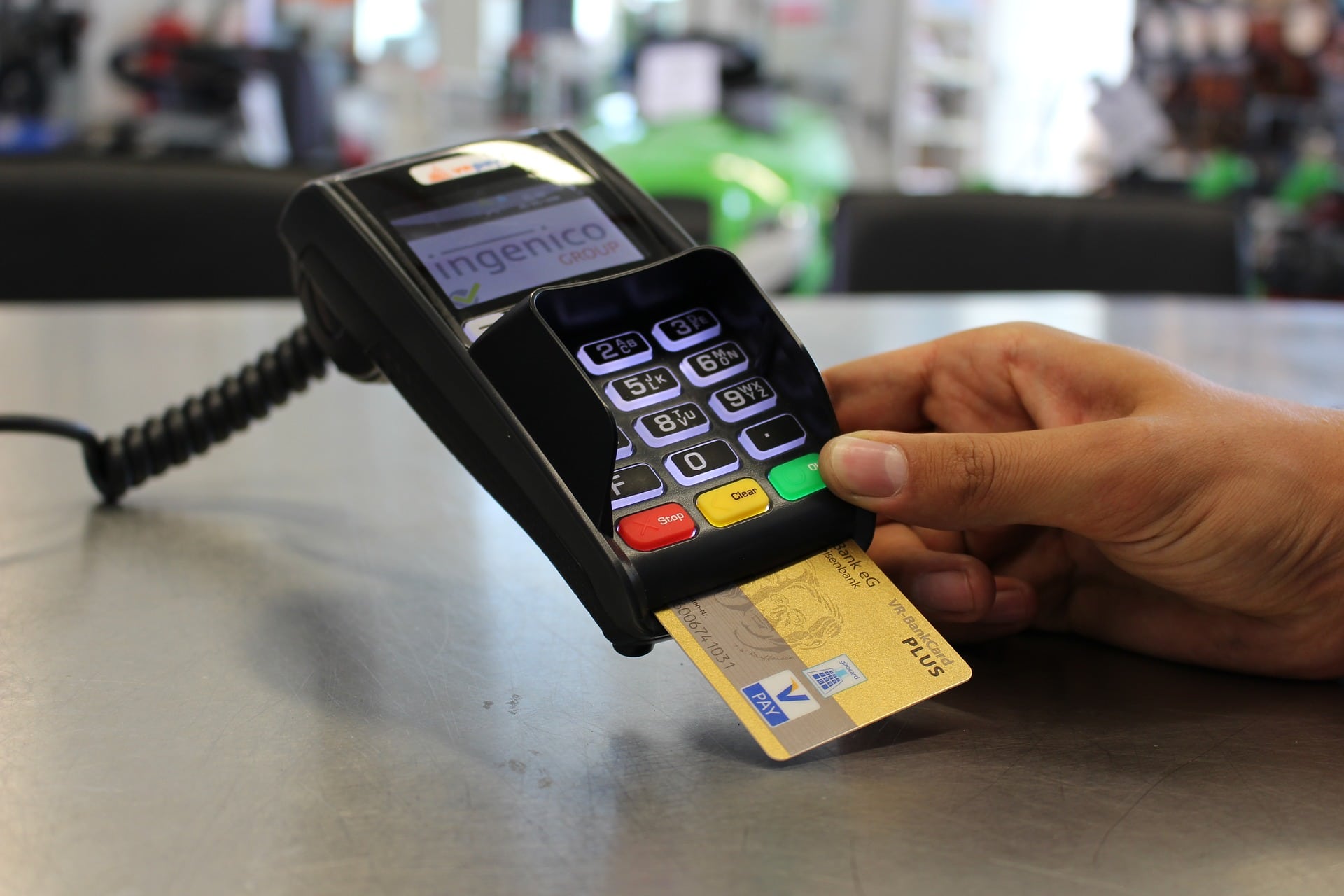Because of rapid technological advancements, retailers must implement innovative point of sale technology to stay ahead of the competition, even in their
payment methods. What’s more, as consumers are the centre of retail, businesses that can fully predict and offer what they need, win the market challenges. Until recently, in-store experiences were limited to transactional exchanges. If the products weren’t available, you had a limited choice of items. But today’s customer has a different approach to the shopping experience. This has made the market to become more competitive.
Evolution of the Consumer Experience
In-store experiences should be attractive, engaging and requires retailers to have full visibility of inventory across a wide range of channels. And according to a survey conducted by Oracle involving 15,500 consumers, from 5 different regions, all channels should be complementary to facilitate a wide range of experiences. The results found that 56% of consumers believe that customized offers would improve their shopping experience, 74% consider that well-informed in-store employees improve brand experience, while 58% expect retailers to know why they return.
What Is a POS?
POS means “point-of-sale”. And a point of sale transaction takes place between a retailer and a client when goods or services are acquired using a POS to finalize the transaction. Retailers usually rely on POS systems to fulfil transactions. Moreover, POS dedicated hardware and software create the POS machine, which processes the transaction. The POS system is the physical equipment which carries out the transaction and processes payments using credit or debit cards. A
POS system performs a wide range of functions such as labor reporting, inventory management, menu personalization, staff management, price adjustments, and sales reporting.
How to Buy a POS?
Before you choose to buy a specific POS system, you should understand that you’re purchasing more than just hardware and software to enable card payments in your store. Usually, you’re also agreeing to services being provided by the vendor of the POS. So, you should be sure that you understand the implications and your responsibilities.
Among the aspects to look for in such an agreement are the early termination fees and interchange-plus pricing. But if you already have a retail account, and you’re just buying the equipment and related program, make sure it’s compatible with your merchant account. Also, consider that you’ll still need support and technical assistance for the POS machine. At some point, you’ll face problems with your POS equipment, whether because of software glitches or equipment malfunctions. So, you’ll require reliable support to resolve the issues as soon as possible.
You’ll find a wide range of POS systems available for retail management such as
Lightspeed Retail, Shopify POS, Miva Merchant, Salesforce Commerce Cloud, Cybersys POS or Cegid. These systems go far beyond processing sales. They facilitate inventory management, customer and employee management, supplier records, issuance of purchase orders and accounting operations, stock transfers, quotations, and sales reporting. As POS systems are the foundation for any retailer, you’ll need to implement a safe and reliable POS to ensure your business’ success. But because the best POS equipment and software are expensive, reaching a price of several hundred or even thousands of GBP, you can also lease a POS. The fee can either be paid separate or it can be built-into your monthly fee.
Benefits of Using a POS
A successful retail POS system has a holistic approach to the customer experience. It can adapt to the growing range of customer expectations in terms of payment methods. Also, it can help you identify and hand over BOPIS (Buy Online Pickup Instore) orders. It answers shoppers queries about any product and makes recommendations for consumers according to their previous purchases. And, in-store staff can deliver top-quality customer services as they’re not monitoring cash security. Also, POS systems facilitate transactions to be fulfilled from an iPad or mPOS.
A modern POS system is especially built for retail, so it eliminates any base-code adjustment requirements and decreases implementation expenses and time. What’s more, the intuitive screen user-interface reduces related errors and ramp-up time. And the multiple compatible devices such as desktop, iPads or mobiles fast-track transactions and improve the consumers’ experience. A good POS system also helps you find opportunities to offer promotions at the right time. Even better, thanks to live inventory data, you can improve consumers’ satisfaction and fulfill all orders.
What Type of POS to Choose?
If you choose the right POS system for your business, you can streamline your overall operations. Before buying a specific POS system you should consider out-of-pocket expenses, features, integrations, and customer service. It all comes down to the type of business you’re running. For example, a retail POS isn’t the same as a restaurant POS or a general POS.
Consider the size and inventory of your business. If you have a large shop, you should choose a desktop POS system or a mobile POS system. However, if you own a seasonal store, then a portable or mobile system is your best choice. The product catalog also impacts the type of POS, which is suitable for your business. If you have thousands of SKUs in your store’s database, use a desktop POS solution. Additionally, you should think about the systems and processes you have set up. Consider the inventory ordering procedure and how you add products to your database. And account for apps or other software you’re using such as accounting programs, eCommerce platforms, and payment processing solutions. Make sure they can connect to the POS system you’re considering to buy.
POS on iPad and Mobile
A mobile POS system is a smartphone or tablet device, which performs the operations of a cash register or a POS terminal or ePOS. What’s more, mobile POS systems help retailers improve the customer experience and streamline sales processes. They’re also very useful during trade shows and help retailers who have limited floor space available.
You can leverage mobile POS systems to convert and engage consumers wherever they are in your store, as you’re not tied up to the cash register. Also, you can connect with your customers and reward them through built-in customized loyalty programs. Record your customers’ details right away on your iPad. What’s better, you can access an overview of staff performance rates and sales levels at any time, across mobile or iPad devices. In addition, you can monitor and view inventory across a wide range of stores.
Mobile and iPad POS systems come with integrated plug-and-play software, which help you sell immediately.
Wrapping It Up
POS systems, whether implemented on a desktop, mobile or iPad device, improve your customers’ shopping experience, which, in turn, increases your sales. With the right POS system, you can control all aspects of your business’ supply chain, from inventory to sale. In the end, it all comes down to choosing the right POS for your business, depending on your core activities.


